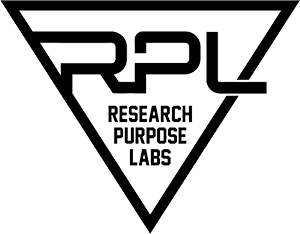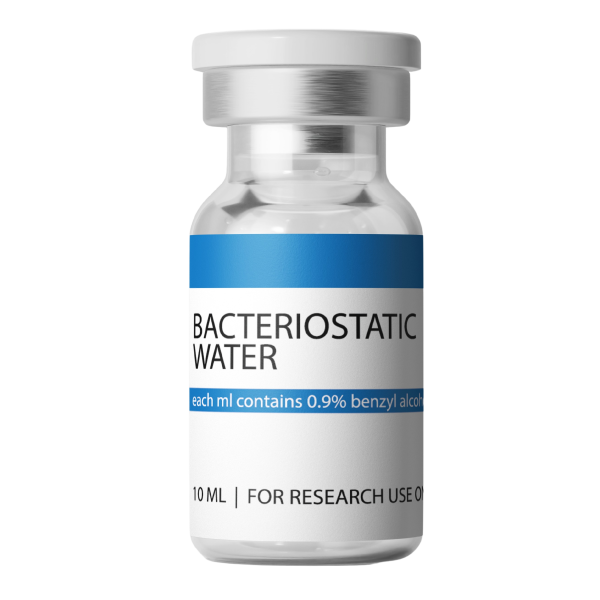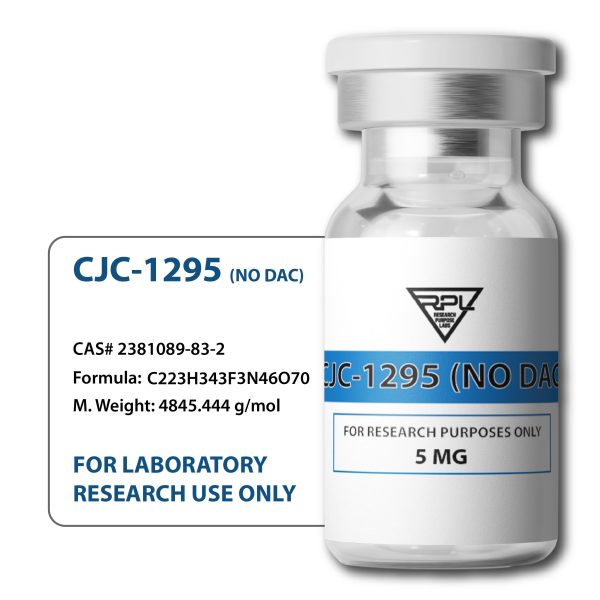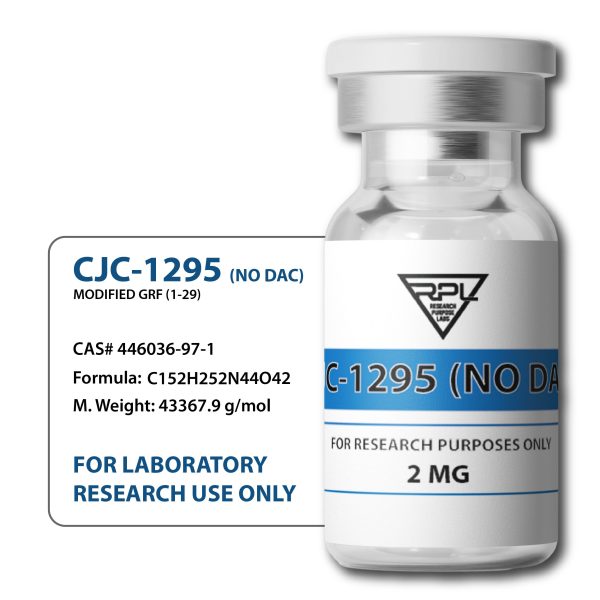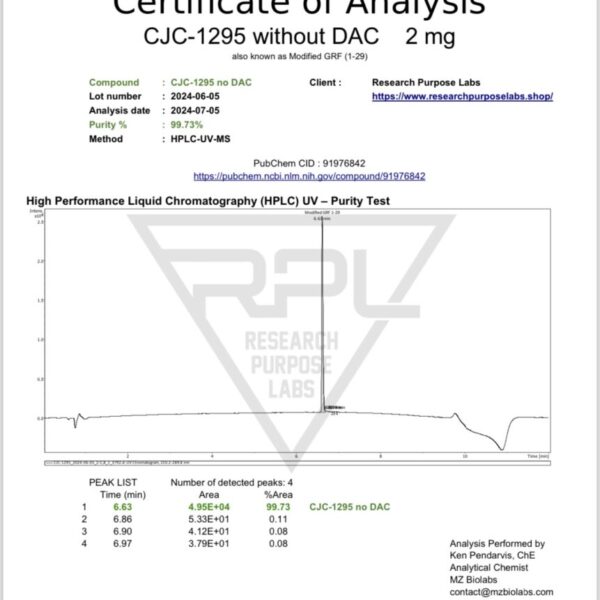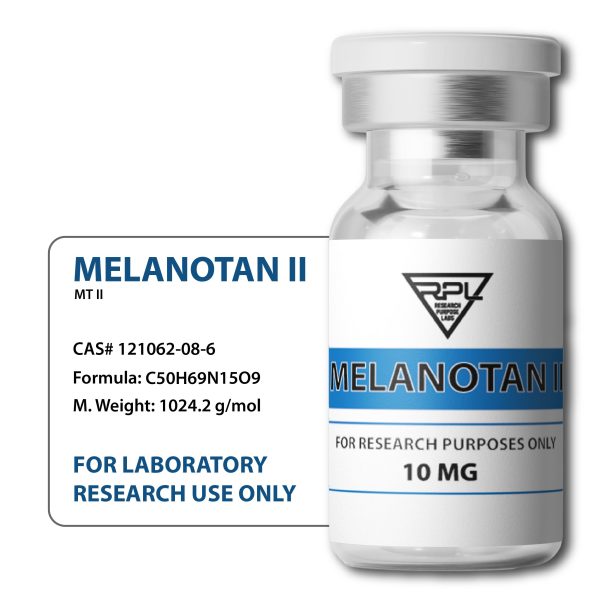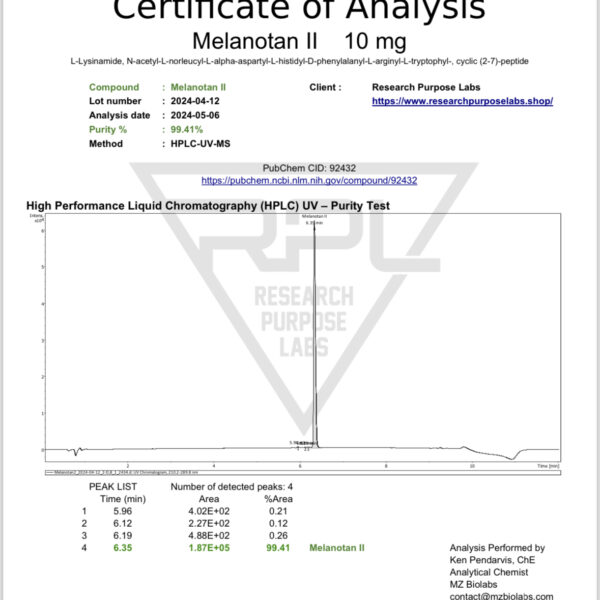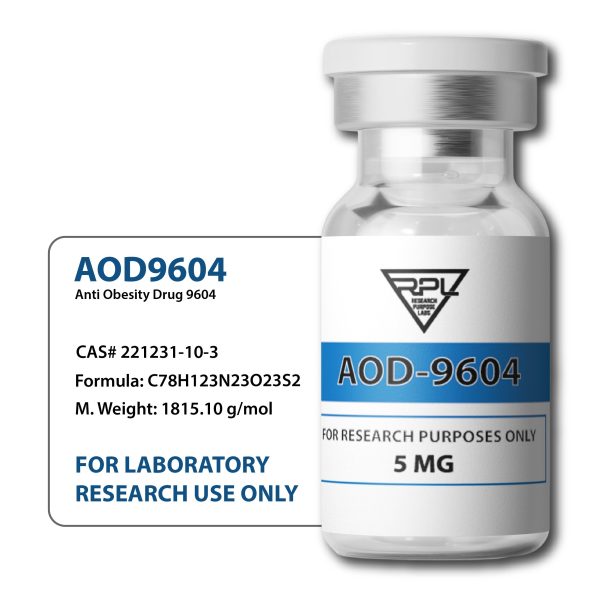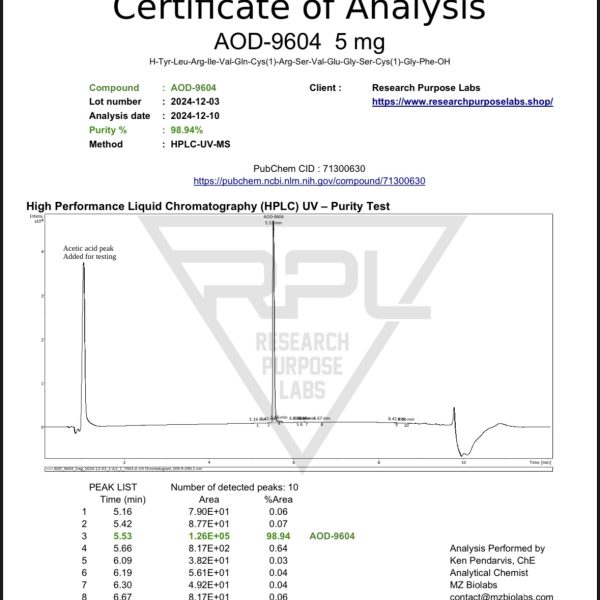THIS PRODUCT IS INTENDED FOR LABORATORY RESEARCH USE ONLY.
Bacteriostatic Water is a type of water that is specifically treated to inhibit the growth and reproduction of bacteria. It is sterilized and contains a small amount of a bacteriostatic agent, such as benzyl alcohol, which prevents the contamination and proliferation of bacteria.
Preference for Reconstituting Peptides:
- Sterility Maintained: The presence of a bacteriostatic agent helps maintain the sterility of the solution over time, making it safer for reconstituting peptides for injection, as it reduces the risk of bacterial contamination.
- Extended Shelf Life: Compared to plain sterile water, bacteriostatic water can be used multiple times (within its shelf life) for reconstitution purposes without the immediate concern of bacterial growth, offering more flexibility and cost-effectiveness for users.
- Compatibility: Its neutral pH and lack of reactive agents make it broadly compatible with a wide range of peptides and other medications, reducing the risk of degradation or interaction that could affect the effectiveness of the reconstituted product.
These attributes make bacteriostatic water the preferred choice for safely reconstituting peptides for research.
